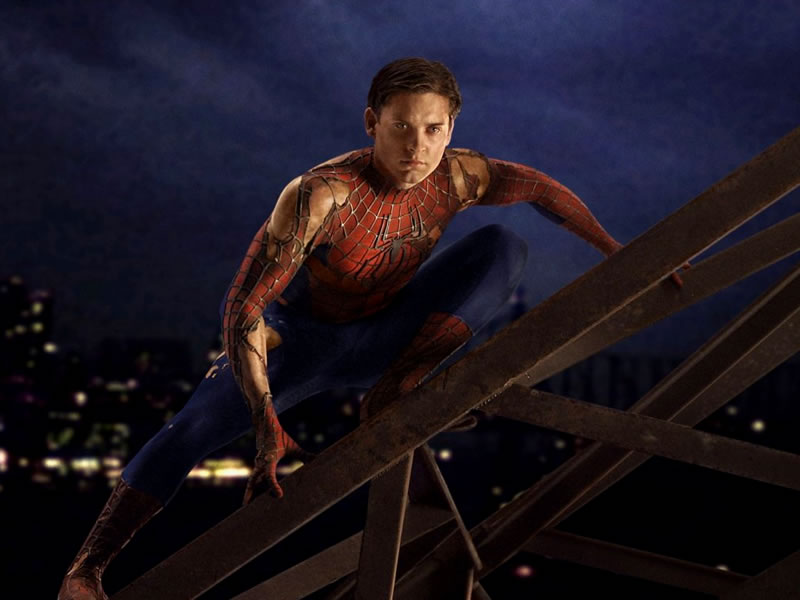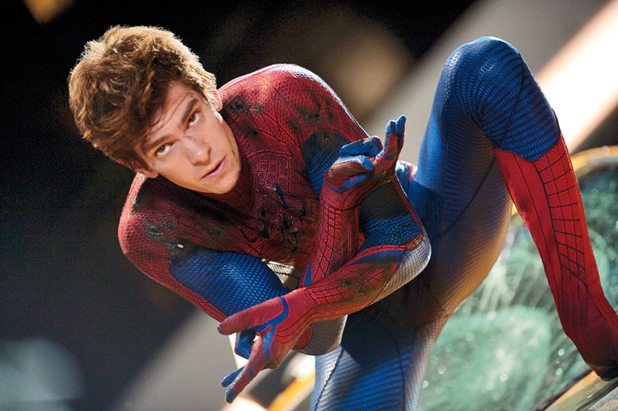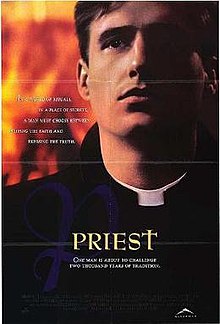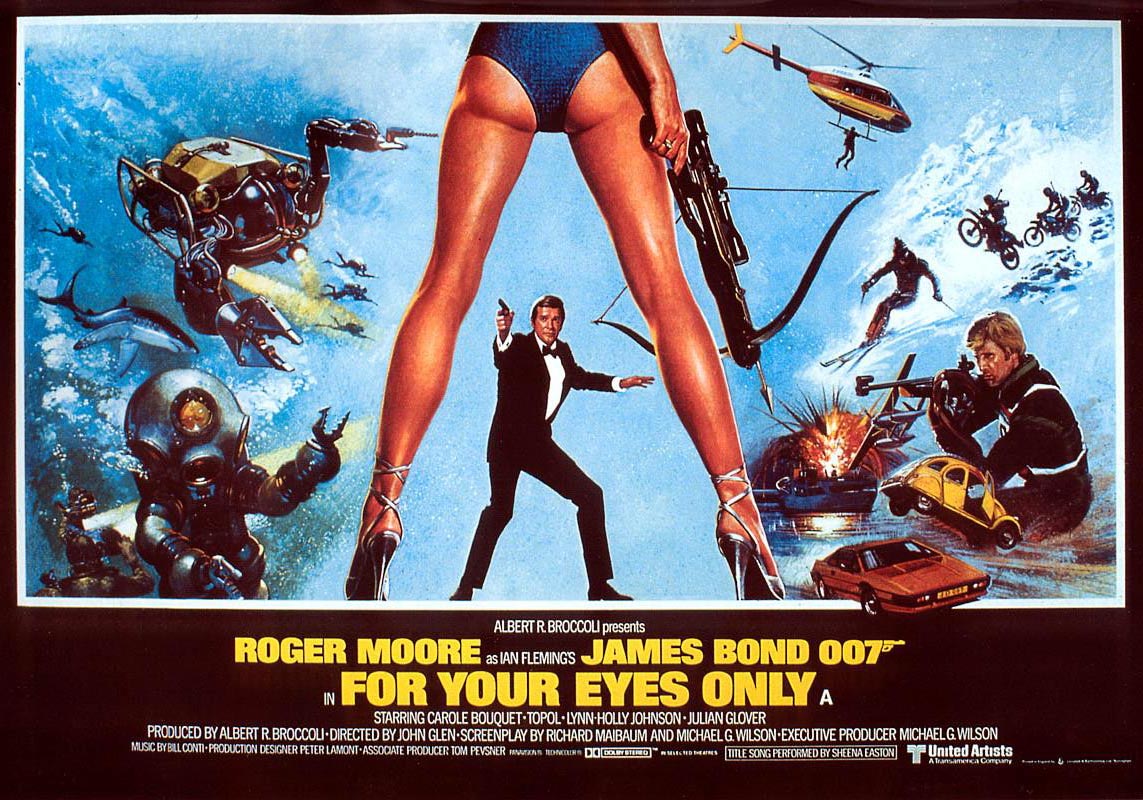MOONRAKER
To The Moon...
Please visit the James Bond Film Retrospective for all Bond reviews.
Moonraker is one of if not THE goofiest James Bond films in the canon. Its premise is preposterous, its villain campy, and the entire film is so wildly ludicrous and laughable that it's a wonder there were more Bond films. Having said that, I
love this film and am unapologetic about it. In fact, I've met only ONE person in my entire life that loved
Moonraker as much as I did: my film buddy Fidel Gomez, Jr. (who may or may not be dead). I think highly of
Moonraker as entertainment. As a film...
We start out with a grand heist in mid-air: an entire spaceship, the Moonraker (hence the title), stolen straight off the airplane transporting it. We then shift to James Bond (Roger Moore) basically where we left off in a roundabout way: Bond is fighting with none other than...JAWS (Richard Kiel) last seen swimming away in
The Spy Who Loved Me. What makes this a wild fight is that our giant has thrown Bond out of an aeroplane with Jaws in hot pursuit. After a bit of comedy with Jaws trying to literally fly, he crashes into a circus tent and then the title theme song, sung by Shirley Bassey in her third and as of today final turn as the Bond songstress deluxe.
Bond gets filled in on the theft of the Moonraker and now he has to both find it and stop having another one stolen. First stop, California, home of Drax Industries, builders of the Moonraker. Here, he meets Corrine Dufour (Corrine Clery), Drax's pilot/Girl Friday, and Hugo Drax himself (Michael Lonsdale), an enigmatic figure who dreams of conquering space, for peaceful purposes of course (just like the Iranians want nuclear power, for purely peaceful purposes of course). He also meets with Dr. Goodhead...Dr. HOLLY Goodhead (Lois Chiles). She's immediately irritated by his sexism (he is surprised to find Dr. Goodhead is a woman) and by him in general.
There's danger afoot: Drax's valet Chang (Toshiro Suga), with Drax's approval, attempts to kill him, as does a professional hitman. These attempts, along with Drax's general demeanor, raises Bond's suspicions. After some routine spy work (and a romp with the ill-fated Dufour), it's now off to Venice. More shady business: Bond discovers there's poison gas being created, along with packages meant for Rio de Janeiro. He also discovers Goodhead is a mole for the CIA (whether she lives up to her name I leave up to the audience) and that Drax is on to them. With that, a third stop on our world tour.
Drax also needs a new henchman. Wonder if there are any available...
We get to Rio just in time for Carnaval. Unfortunately, more investigating takes Bond from the debauchery. However, Jaws is in hot pursuit...again, until a beauty in the form of a short woman with pigtails enters the picture, and you know what happens when Beast meets Beauty. Still, no time to dilly-dally: Goodhead's been taken, and Drax is still out there. One last update from MI6 (in a Brazilian monastery no less) and we go deep into the mysterious Amazon. Now at last we learn Drax's plans: he will recreate life itself by launching his rockets into space. Out in the vastness of space, he will release a poison that will kill all human life but spare animals and plants. With his new 'master race', he will bring a new era to the devatated planet.
If anything, Hugo Drax thinks big.
Now, it's up to Bond to stop this mad scheme, culminating in an epic battle in space between Drax's men and the Americans involving lasers that would put the Rebellion against the Galactic Empire to shame.
Everything in
Moonraker is set up so obviously that one is almost waiting for what we know is coming. Chief example: when Bond is in the Venetian glass factory/museum. We're not introduced to all those rare glassworks for the sake of art appreciation or to respect the craftsmanship. You
know there's going to be a fight there, so it's pretty much an anticipation game. Same goes for when Bond is in outer space with seemingly no one to help him.
In other words, you pretty much know where everything is going, and on the whole I'm not bothered by that. It might be because
Moonraker, more than any previous Bond film, has decided that it was going to drop the pretense of being serious and just have fun with it all. I'm not saying that it was deliberately campy (I would argue that such a thing comes later), but
Moonraker is best appreciated if taken with a large measure of salt.
I find the title song to be much better than the movie's reputation as a disaster may allow it to be. It's a lush, romantic ballad sung beautifully by Bassey in a remarkably gentle way, not in the brassy delivery of
Goldfinger or the almost erotic manner of
Diamonds Are Forever. Instead, the song revels in its gentleness, with a beautiful melody by John Barry and Hal Lewis' lyrics flow naturally, almost as if there were such a being called a Moonraker were some mythic being of love. The song is so good it even works when the closing version is basically a disco remix.
You also appreciate some good stunt work, such as the chase across the Venetian canals or a chase across the lifts over Rio. Even the much-maligned battle in space is entertaining with some good thrills (if not particularly logical--how did the Americans launch their shuttles so fast?).
However, you have to also lament having some awful bit of comedy in the same gondola scene (such as having the gondola turn into something of a car and have Bond literally driving a gondola across St. Mark's Square to shocked onlookers). I don't think Christopher Wood did a bad thing in having comedy in
Moonraker (since this film is one of the first to be open about its own offbeat nature). However, it might have worked better if some things had been toned down.
You also have a serious of product placements that must have been shocking in 1979--shocking in their clumsy manner. When a kidnap attempt is made on Bond and Goodhead, we see billboards for 7-Up, Marlboro, Seiko watches, and ending with British Airways. Is it me, or does anyone else wonder what these ads are doing in remote mountain areas where I imagine the people living in slums would be the only ones to see them? Come to think of it, I do wonder why
Moonraker borrows so shamelessly the music from not only
Close Encounters of the Third Kind and The Magnificent Seven?
As much as one may find the humor ridiculous,
Moonraker makes the most of it. A good part of the laughs comes from Kiel's Jaws and his romance. I can't speak as to the wisdom of changing Jaws from henchman to hero, but I think it works if only because there is something oddly likable about our now-gentle giant. For some reason, kids really responded to Jaws. In fact, I think it was a popular call by children (of all people) to make Jaws more sympathetic that brought about one of the few times that a menace turned to be on our secret agent's side.
At least most of the time when
Moonraker goes for comedy, it's intentional. Certain things are unintentionally funny, such as Chiles' entire performance. She is flat and uninteresting, delivering every line without a hint of emotion. It's almost as if Chiles decided she was simply too smart to play this idiotically dumb "brilliant scientist" and wasn't going to even bother trying. The scene where Bond surprises her in her Venetian hotel room had me laughing, especially her facial reaction and the "ah" she let out. I confess to putting that on repeat and slow-motion just to get more laughs out of it. No matter what situation: rescuing Bond, investigating Drax, or having sex in a zero-gravity zone, she looks bored and just can't be bothered to shift her delivery.
Chiles is so far one of the worst Bond Girls, but Clery's Dufour isn't far behind. She at least had the good/bad fortune to get dispatched quickly. Lonsdale's Drax may not be the worst Bond villain, but he certainly is the one you can't take at all seriously. He is on the surface perhaps the most curious of all the villains we've encountered. Even as he is surrounded by a bevy of beauties at nearly every turn, he appears to have absolutely no interest in them. Add to that he has the worst choice of a henchman in Chang, who is almost laughable as this master swordsman when after his one and only confrontation with Bond, literally runs away from him.
Still, I'll give him credit for this: Drax may be a touch camp and given to total delusions of grandeur of being almost god-like in being a Creator, but he is among the most memorable. If anything, Drax is one of the few Bond villains to delight in words and deliver all his dialogue with almost Shakespearean eloquence, even when barking out orders to Jaws.
Drax, despite his looney scheme, is almost loveable in his megalomania and hare-brained plans; I love to tell the story of when Fidel and I saw
Munich. When Lonsdale appeared on screen, we both turned to each other and said, "IT'S DRAX!"
I told you we both loved
Moonraker.
Moore has kept the charm his Bond has, though I will say that
Moonraker is his first Bond film where his performance is totally conscious of the fact he's winking at the audience, inviting them to have a good time.
If anything,
Moonraker is a celebration of Ken Adams' production design. From Drax's California chateau to his factory to the Venetian glassworks to Carnaval and right on down to Drax's Amazonian lair and his satellite, the sets are all spectacular.
I won't fault people for disliking
Moonraker, or thinking it one of the worst James Bond films. However, I can't help loving
Moonraker. If anything, it's a fun film, one that doesn't take itself seriously without going overboard in its campiness. As a film critic (certified), I can't say
Moonraker is a great film. As a film fan (certifiable), I can't say
Moonraker is a terrible film.
Who'd have thought when we won the Space Race, it would lead to Bond attempting re-entry?
Next James Bond Film: For Your Eyes Only
DECISION: C+








